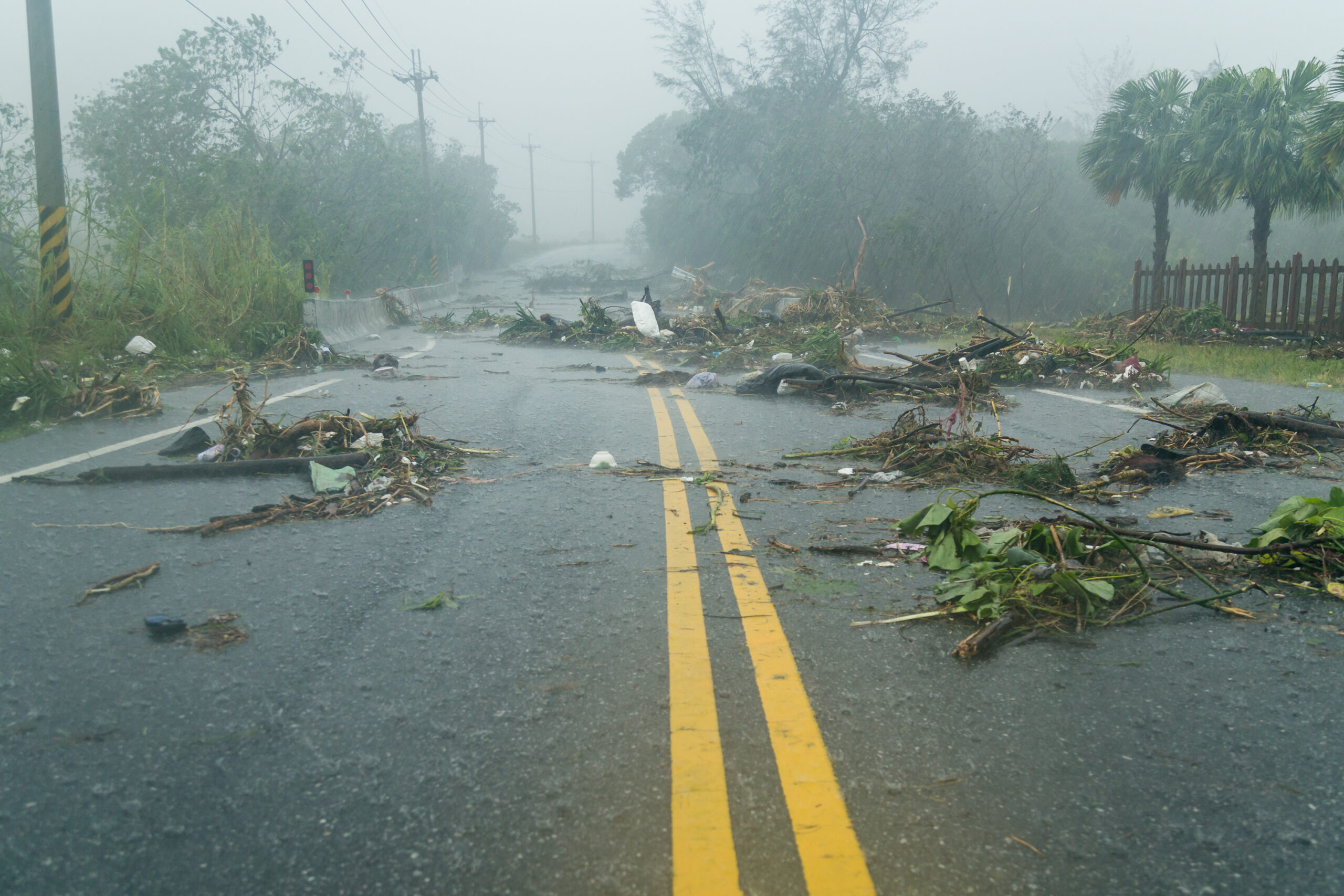Challenges During a Crisis
Today there are more than 6 million Americans living with Alzheimer’s and more than 11 million caregivers who are unpaid for their work in supporting people with Alzheimer’s or other dementias.
During a disaster, people living with dementia are at higher risk of fragmented care. Changes in the physical environment, increased stress due to separation from their caregivers, difficulty accessing food and medications, and confusion around understanding safety precautions and rules (such as frequent handwashing) are examples of enhanced risks they face.
During the COVID-19 pandemic, physical distancing measures implemented in hospitals, nursing homes, and other health and public health facilities where persons living with dementia may need to visit or live, often had the unwanted impact of separating patients from familiar caregivers. For those who live in their own homes and rely on intermittent home visits from caregivers, social distancing measures may have impacted a key source for social interaction and cognitive exercise.
As part of CDC and the Alzheimer’s Association’s Healthy Brain Initiative roadmap for advancing cognitive health as an integral component of public health, Healthcare Ready and the Alzheimer’s Association partnered together to create resources for state and local public health officials to raise awareness and provide guidance for supporting care transitions during emergencies for people living with dementia.
Resources for Public Health Stakeholders
We created this flyer on Supporting Care Transitions for People Living with Dementia as Part of Emergency Preparedness for public health and policy leaders to map the key roles and stakeholders that are essential for supporting dementia care during crises, and share strategies for public health to support care transitions. The flyer also highlights opportunities in emergency planning to mitigate or decrease challenging transitions by anticipating barriers to care during crises in the community. Those directly involved with care transitions or caretakers may find this resource beneficial for developing plans to protect individuals living with dementia. In addition, stakeholders involved in care transitions can reference the crisis impact guide to implement strategies that support care transitions.
The related Healthy Brain Initiative Webinar outlines risks for older adults and people living with dementia and special considerations when conducting care transitions for this population. Being familiar with common risks associated with different types of disasters can help caregivers and public health stakeholders anticipate and better prepare for the impacts of these events on individuals living with dementia.
Those who work directly with people living with dementia and assist with care transitions can use this resource to identify specific areas that need support to care for those living with dementia properly. The webinar also provides tips to adopt a “dementia lens” and incorporate this lens into public health preparedness and response plans. For more information on care transitions for people living with dementia, visit the Alzheimer’s Association page preparing for emergencies.
Disasters do not create inequities and vulnerabilities; they expose them. With this and ongoing work, we hope to identify and address these issues to build more resilient, and prepared communities.







